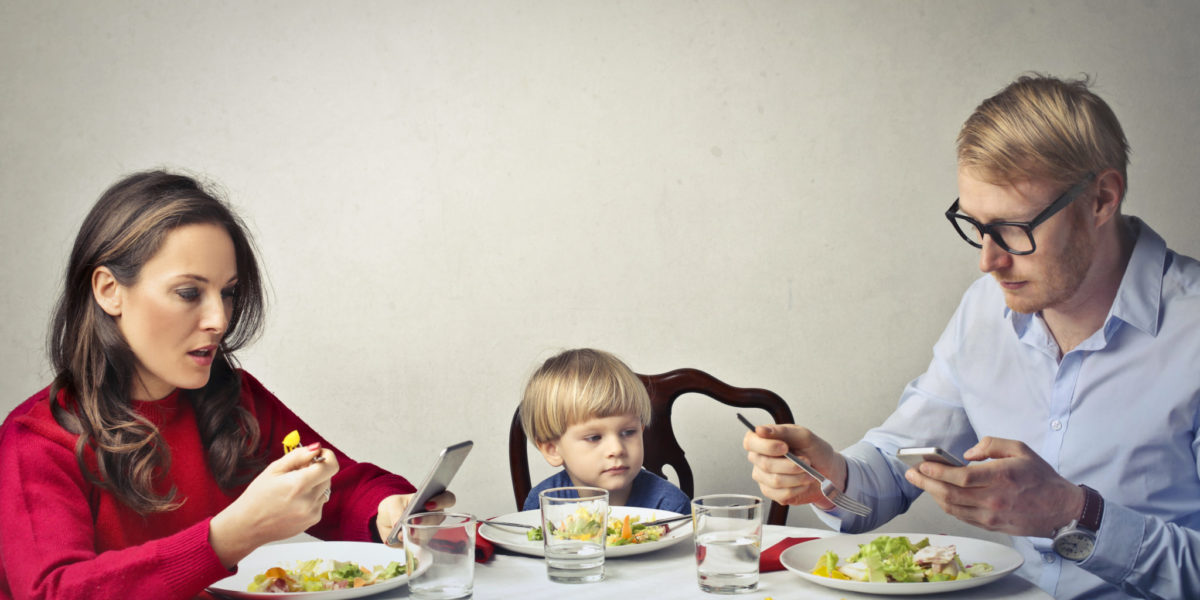I heard a new word recently: nomophobia. As much as it sounds like it, it doesn’t actually mean phobia of gnomes (that’s called gnomophobia, of course). Nomophobia is the fear of being without your mobile phone.
To some this may seem ridiculous, how can you possibly be scared of this? On the other hand, some may have just glanced down at their phone, dutifully sitting by their side, and felt a rush of relief that it’s still there, buzzing away with beautiful notifications and alerts.
We wanted to find out quite how addicted the country was to their phones, so ran a survey with 4500 people asking how often they checked their phone.
Those who checked their phone only once or twice a day were in an overwhelming minority at only 14%. I can’t say I was that surprised…
The most common response was ‘I check my phone every 30 minutes’ with 28%, followed closely by ‘I check my phone once every 15 minutes, or more frequently’.
Mobile phones, then, are a pretty major part of our lives.
What caught my notice, though, was the amount of innovation popping up around trying to stop people from using their phones this much.
Numerous mindfulness apps claim to help you detox from your phone. Forest, for a mere £1.99, will grow a virtual tree while you’re not using your phone, while ShutApp lets friends set timers to see if you can go for a certain period without your phone – if you fail, they’ll know.
Ironically, all of these detox apps actually rely on people using their phones in order to stop using their phones. Seems a bit silly, right?
Phone detoxing has even reached the luxury world of travel, as true escape becomes harder and harder to find. Travel agencies such as Carrier class Digital Detox as its own holiday type and suggest a range of resorts that will confiscate technology and replace it with mindfulness advice (although don’t be fooled, most of the hotels can’t resist throwing in complimentary wifi, just in case!)
Is digital detox really a trend to watch, though? Based on our research it would seem that people still have a healthy appetite for connectivity, or at least are incapable of self-detoxing.
So is this trend a gimmick among luxury travellers and daring millennials that quickly loses its novelty appeal?
Even if digital detoxing doesn’t take off, it’s a nice reminder that experience is still important. Consumers and brands would do well not to forget this. Maybe set a reminder on your phone.


